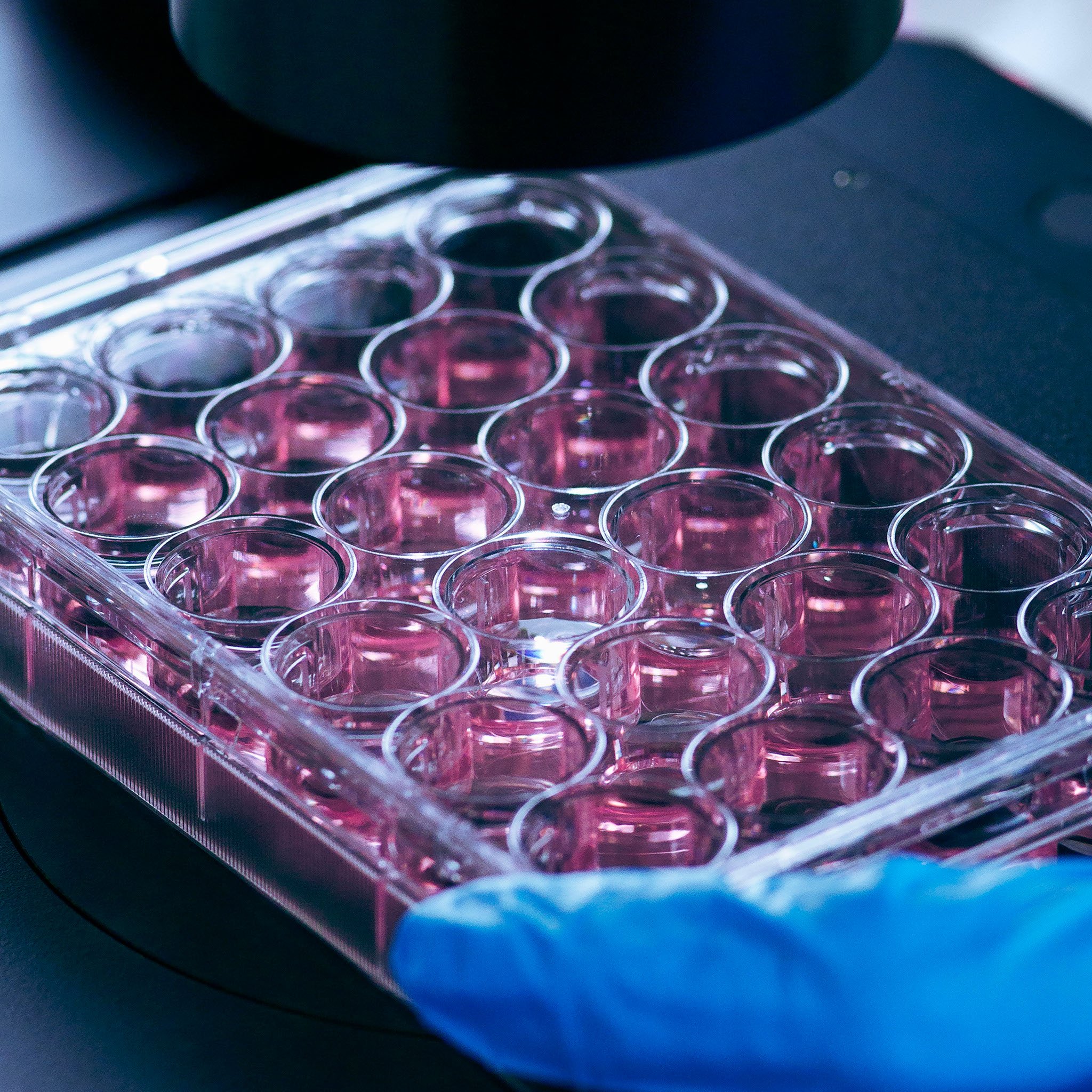
The pursuit of sensory delight and olfactory pleasure drives the fragrance industry, yet the reliance on animal testing for safety assessments raises ethical concerns and challenges traditional practices. In response, cell culture inserts offer a promising alternative that balances scientific rigor with ethical integrity, revolutionizing fragrance development while minimizing harm to animals.(1)
A Sustainable Solution
Cell culture inserts, comprising three-dimensional tissue models cultured in vitro, replicate human skin physiology and offer a reliable platform for assessing fragrance safety and efficacy.(1) By simulating human responses without subjecting animals to unnecessary harm, cell culture inserts represent a paradigm shift in fragrance testing methodologies, promoting ethical stewardship and environmental sustainability.(2)
Scientific Advancements and Validation
Advancements in tissue engineering, biomimetic modeling, and high-throughput screening technologies have enhanced the accuracy and reproducibility of cell culture inserts, rendering them invaluable tools for predicting human responses to fragrance ingredients. (4)(5) Rigorous validation studies and comparative analyses have demonstrated the efficacy and reliability of cell culture inserts, earning recognition from regulatory agencies and industry stakeholders worldwide.(2)(3)
Regulatory Considerations and Compliance
Regulatory frameworks governing fragrance safety assessments vary across jurisdictions, reflecting diverse cultural, scientific, and ethical perspectives. While some regions mandate animal testing for certain products, others embrace alternative methods and prioritize cruelty-free practices. Harmonizing regulatory standards and promoting the global acceptance of cell culture inserts are imperative steps towards achieving ethical fragrance development while ensuring regulatory compliance and consumer safety.(6)
Industry Perspectives and Consumer Demand:
Industry leaders, fragrance manufacturers, and consumer advocacy groups play pivotal roles in driving the transition towards ethical fragrance development. By prioritizing consumer preferences, embracing sustainable practices, and investing in research and development, companies can enhance brand reputation, foster consumer trust, and lead by example in promoting cruelty-free alternatives to animal testing.(7)(8)
The adoption of cell culture inserts as an alternative to animal testing heralds a new era of ethical fragrance development, where scientific innovation, regulatory compliance, and consumer welfare converge. By championing sustainable practices, advancing scientific research, and fostering industry collaboration, stakeholders can navigate the ethical landscape of fragrance formulation with compassion, integrity, and foresight. (4)(5)(7)
References:
- Roguet, R., Cohall, S., & Rousselle, C. (2020). Alternatives to animal testing in toxicology: state of the art and future perspectives. Journal of Toxicology: Cutaneous and Ocular Toxicology, 39(2), 119-127.
- Zucco, F., Borsari, B., Persico, M., & Di Lorenzo, A. (2021). Testing Cosmetics on Animals: Current Status, Ethical Considerations, and Future Perspectives. Animals, 11(2), 437.
- Eskes, C., & Hoffmann, S. (2018). Alternatives to Animal Testing in Basic and Applied Research: A Commentary. Toxicological Sciences, 163(2), 306-312.
- Horner, C. M., & Grollman, A. P. (2020). New Insights into Assessing Chemical Safety Using Human Stem Cell-Derived Cell Models. Toxicological Sciences, 178(1), 3-5.
- European Commission. (2013). Regulation (EC) No 1223/2009 of the European Parliament and of the Council of 30 November 2009 on cosmetic products.
- Food and Drug Administration. (2022). Animal Testing & Cosmetics.
- Alcott, C. J., Banu, M. A., & Dhatt, R. K. (2021). Animal Testing in the Cosmetics Industry: A Review. Journal of Environmental Science, Toxicology and Food Technology, 15(2), 84-90.
- Humane Society International. (2022). Be Cruelty-Free Campaign.


![Join Sterlitech at BIO 2024 [Booth #5558]: Exploring the Future of Biotechnology](https://www.sterlitech.com/media/magefan_blog/b4.jpeg)

